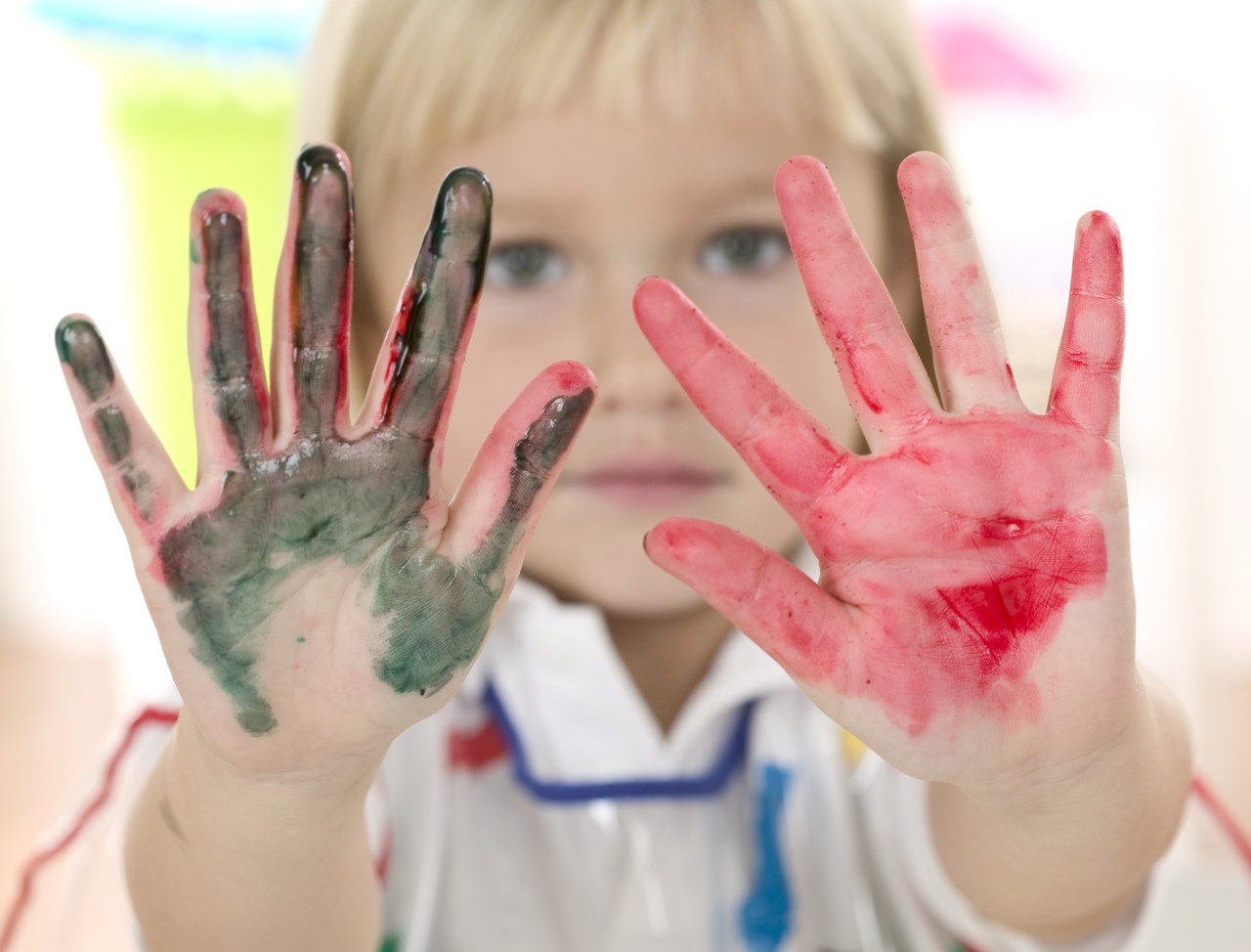I just returned from the Governor's Institute and wanted to share a little of what we learned. The main topic was data driven instruction. Maybe not the most exciting title, but the when teachers collect information about what children know, plan and teach accordingly, then assess and analyze before teaching again, the result are amazing. Differentiating instruction is a way of teaching I believe in. Children have such a wide difference in knowledge and abilities, I cannot imagine teaching all children the same way.
What kinds of information should teachers collect? You want to find out what the child knows so you don't teach too far below or above his understanding. You also want to learn the child's approach to work. Is the child slow to start or does he jump in impulsively? Does he like to talk things over with others or figure things out himself? You also want to observe to see if the child is having trouble seeing or hearing.
How do we collect information about children? Quite often it is through observation. It may be a written record such as an anecdotal record or a running record. Some teachers find checklists work best for certain skills such as physical activities. The collection of work samples is also popular, but collection is not enough. Teachers need a way to quantify the work. Rubrics are one way to do that.
What do you do with the information once it has been collected? As I said earlier, use the information to make decisions about how best to teach the child. You can also use it to help parents have a better understanding of the child's knowledge and set learning goals for the next step. We also learned that it is important to share info with a child about what they did. In that way the child can see what he has accomplished and know what he has to work on next. If a child is not having success, the information you gathered can be used as evidence for the need for a referral or special services.
If you have questions about what I wrote, want more information about some of the terms I used, or specific methods to use when collecting info, drop a note in the comment section.

Saturday, July 18, 2009
Friday, July 10, 2009
Elephant and Piggie Books
It took me awhile to be a fan of Mo Williams, but now I know it is worth my time to check out whatever he writes. Actually it is often the drawings that make his books so good, but now I am rambling. Today, I am writing about his series of books about two friends. The Elephant and Piggie Books tittles include: My Friend is Sad, I Am Invited to a Party, I Love My New Toy!, and I Will Surprise My Friend!, as well as a number of others. While the books have limited text and can be read by beginning readers, in my mind, they are best when shared with others. My 5 year old grandson, an independent reader found the books interesting from cover to cover. I read four with him and then he read a fifth on his own. He told me about it and then asked me to read it with him.
All of the books can easily spur discussions on social emotional situations involving the two friends. They are funny yet many convey the important message that friends are more important than material things. Take time to check them out!
If you want to learn more about Mo Williams and his books, check out his website at http://www.mowillems.com There is info for parents, teachers, and children. Enjoy!
All of the books can easily spur discussions on social emotional situations involving the two friends. They are funny yet many convey the important message that friends are more important than material things. Take time to check them out!
If you want to learn more about Mo Williams and his books, check out his website at http://www.mowillems.com There is info for parents, teachers, and children. Enjoy!
Subscribe to:
Comments (Atom)

